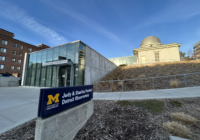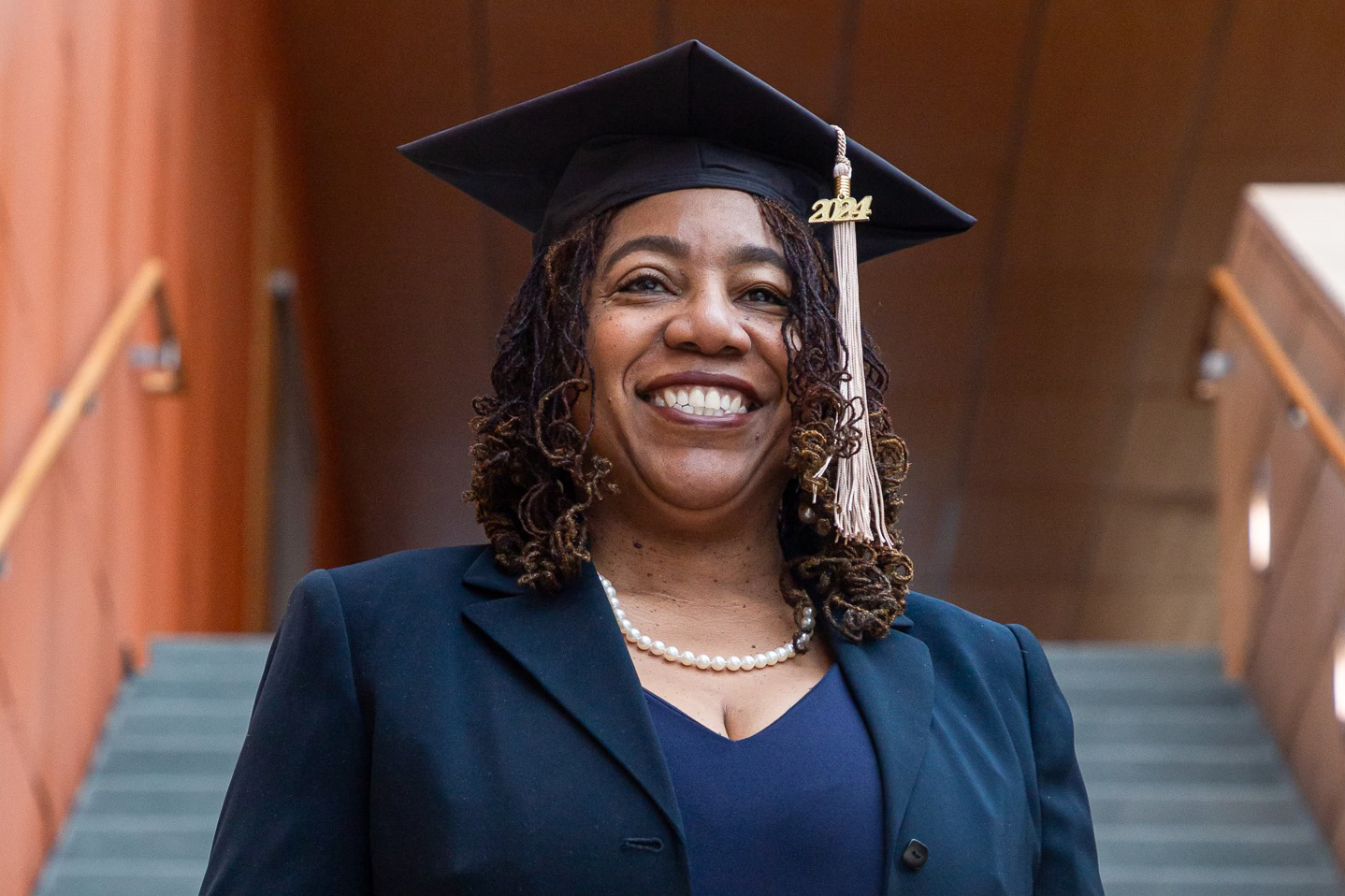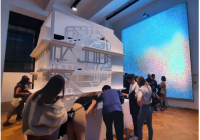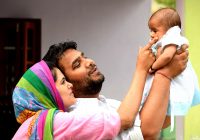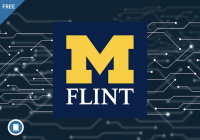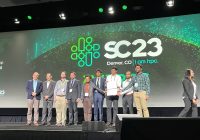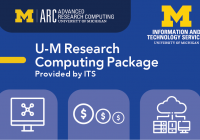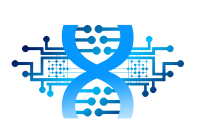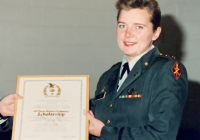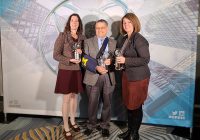Author Archives: D. Stephanie Dascola, Medical School Office of Research
Detroit Observatory: Where Historical Technology Meets Modern Tech
Profiles in IT: Lovida Roach, MBA
Leadership Profile: Joe Gregoria
Profiles in IT: Anitra Wells—Customer service catalyst
Using GenAI to design floor plans and buildings
There is a lot to consider when designing places where humans live and work. How will the space be used? Who’s using the space? What are budget considerations? It is painstaking and time consuming to develop all of those details into something usable. What if Generative AI (GenAI) could help? We already know that it can be used… Read More »
Using natural language processing to improve everyday life
Technology supports researchers’ quest to understand parental discipline behaviors
How do different types of parental discipline behaviors affect children’s development in low- and middle-income countries (LMICs)? A group of researchers set out to understand that question. They used a large data set from UNICEF of several hundred thousand families. The data came from the fourth (2009–2013) and fifth (2012–2017) rounds of the UNICEF Multiple Indicator Cluster Surveys. … Read More »
Free GenAI prompt literacy course, resources
Nick Gaspar was a member of the Generative AI Advisory (GAIA) Committee that wrote the GenAI report for the university. “During that time I saw a widening gap of knowledge across the university when it came to writing prompts for AI, so I built a free prompt literacy course for the campus community.” AI prompts are text or… Read More »
Gordon Bell Prize winning team also leverages ITS services
A U-M College of Engineering team led by Vikram Gavini was recently awarded the prestigious ACM Gordon Bell Prize. The honor was presented in recognition of their outstanding achievement for developing and demonstrating an approach that brought near-quantum mechanical accuracy for large systems consisting of tens of thousands of atoms into the range of today’s supercomputers. The ACM… Read More »
Profiles in IT: Bill Fluharty—Multimedia mogul
Bill Fluharty is a support specialist with UM-Dearborn Information Technology Services. He enjoys working with people on campus and helping create the best work environment for everyone. He spends time with his wife watching his three daughters playing soccer and watching them grow up right before his eyes.
Secure Enclave Service rate approved, shortcode needed by July 25
The Secure Enclave Services (SES) provides improved performance for researcher workloads. ARC began billing researchers who consume more than 16 gigabytes (GB) of RAM (memory) per month on July 1, 2023. The first 16 GB of RAM (memory) is covered by the U-M Research Computing Package (UMRCP). If you have not already requested or been granted the UMRCP,… Read More »
U-M Research Computing Package automatic renewal begins July 1
The no-cost bundle of supercomputing resources known as the U-M Research Computing Package (UMRCP) automatically renews for most on July 1. Provided by Information and Technology Services, the UMRCP offers qualified researchers on all campuses (Ann Arbor, Dearborn, Flint, and Michigan Medicine) with allocations of high-performance computing, secure enclave, and research storage services. (Many units, including Michigan Medicine,… Read More »
Globus can now be used with Armis2
Researchers who have an Armis2 High-Performance Computing account can now move data to and from other Protected Health Information (PHI)-approved systems using Globus File Transfer. (The endpoint is umich#armis2.) To learn more about your responsibility and approved services, visit the Sensitive Data Guide and the Protected Health Information (PHI) webpage on the Safe Computing Website. Send an email… Read More »
PFAS research in the Michigan mother-infant pairs study, supported by ITS, SPH, MM, AGC
PFAS (per- and polyfluoroalkyl substances) are a class of chemicals that have been around since the 1940s and became more broadly used in the post-war 1960s era. PFAS are in our homes, offices, water, and even our food and blood. PFAS break down slowly and are difficult to process, both in the environment and our bodies. Scientific studies… Read More »
Data Den now supports sensitive data
Data Den Research Archive is a service for preserving electronic data generated from research activities. It is a low-cost, highly durable storage system and is the largest storage system operated by ARC. Storing of sensitive data (including HIPAA and FERPA) is now supported (visit the Sensitive Data Guide for full details). This service is part of the U-M… Read More »
Profiles in IT: Irina Knokh—OER advocate
Protein structure prediction team earns high rankings, supported by ITS, HITS, DCMB
CASP15 is a bi-annual competition assessment of methods of protein structure modeling. Independent assessors then compared the models with experiments, and the results and their implications were discussed at the CASP15 Conference, held December 2022, in Turkey. A joint team with members from the labs of Dr. Peter Freddolino and Dr. Yang Zhang took first place in the Multimer and Interdomain Prediction categories,… Read More »
Profiles in IT: Liz Lind—Veteran on a mission
Winners of 2022 MichiganCIO of the Year ORBIE Awards announced
Ravi Pendse, Cathy Curley, and Carrie Shumaker received prestigious ORBIE awards for their IT leadership. Daniel Waltz and Josh Wilda were finalists in the healthcare category. MichiganCIO recognized chief information officers in six key categories – Super Global, Global, Large Enterprise, Enterprise, Corporate, & Healthcare. The awards were at The Henry on October 21.


